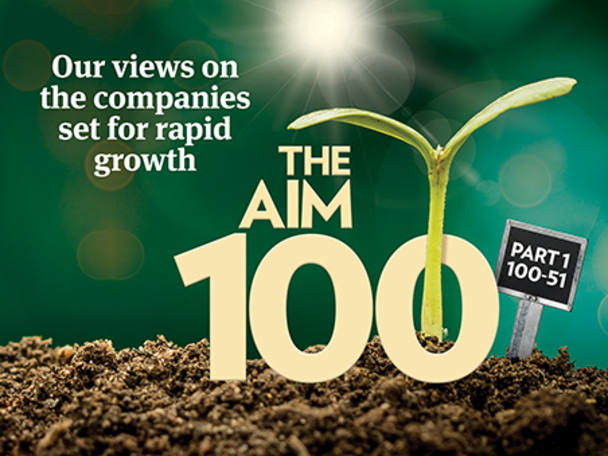100. Vernalis
A tough year for Vernalis (VER) has seen it only just cling on to its place in the Aim 100. The share price of the cough and cold drugs specialist has been battered after sales of its first ‘home grown’ drug, Tuzistra, failed to take off as expected in the US. Chief executive Ian Garland admitted that the group hadn’t managed to get its commercial operations off the ground as quickly as hoped.
But more recent signs are encouraging. In early March, even as the wider cough and cold season was slowing, Tuzistra enjoyed a 4 per cent rise in weekly prescriptions, meaning the group looks on track to reach broker Panmure Gordon’s full-year sales forecast of £15.8m. More encouraging still is the progress of the new drugs pipeline. Vernalis has two more cough and cold remedies in the late stage of clinical trials, due to announce results this year. Buy. MB
99. Pantheon Resources
When Pantheon Resources (PANR) debuted in this list a year ago, the Texan oil and gas driller was riding high. Although a repeat of 2015’s momentous share price rise (up more than 800 per cent) was never going to be easy, particularly given the further pain in the sector and the need to maintain a perfect drilling record, the last 12 months have been a lot more disappointing for investors.



